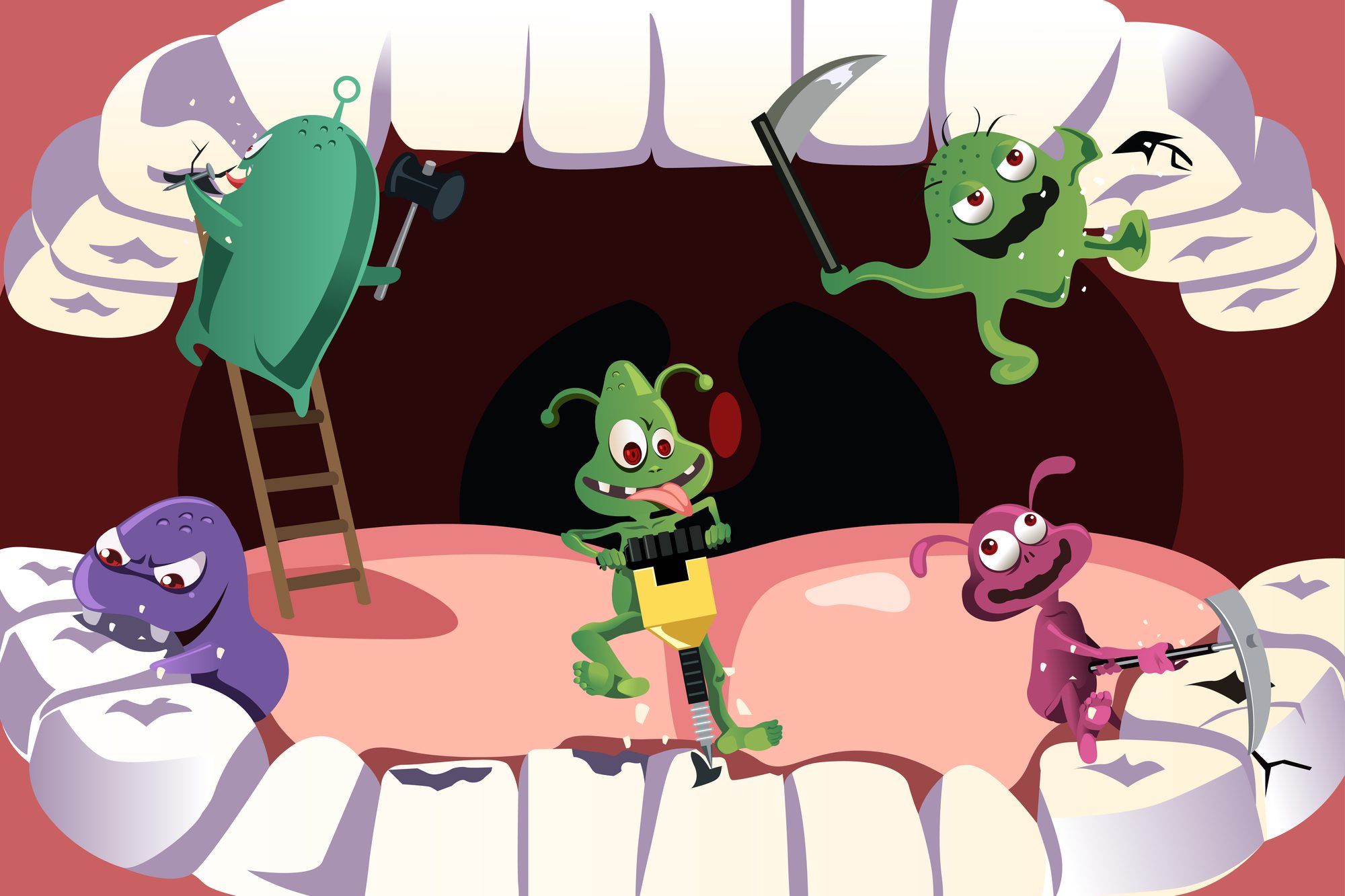February marks National Children’s Dental Health Month, sponsored by the American Dental Association. This year’s theme is “Healthy Habits for Healthy Smiles!” It’s a great time to teach kids the best ways to care for their teeth, including visits to their pediatric dentist in Overland Park, KS.
At Smiles Dentistry for Kids, we celebrate children’s dental health every day. But this month in particular, we are committed to educating kids and families alike regarding the importance of good oral hygiene. Dr. Matt, Dr. Craven, and our entire team truly love working with children. Their enthusiasm and their smiles warm our hearts. And we love their receptivity to acquiring new habits that can protect their smiles for life.
Celebrate this month by scheduling an appointment with a great pediatric dentist in Overland Park, KS. Contact us today!
National Children’s Dental Health Month
This year, children are encouraged to establish four good dental habits, described below. If you are looking for fun ways to incorporate this observance in your home, the ADA has activity sheets and coloring pages linked on their website.
Brush Twice Daily
The first dental habit to establish is twice daily brushing. This should begin early, as soon as your child has their first tooth. Use a toothbrush with a small head and soft bristles. Fluoride toothpaste is perfectly safe – and, in fact, preferable! Just be sure to use the right amount. A smear no larger than a grain of rice is appropriate for children under three. For older children, use a drop the size of a pea.
Floss Once a Day
Flossing should begin early, too. As soon as your child has two teeth that touch, you should be cleaning between them. A floss stick may be helpful when your child is younger, since it gives you a free hand to keep their mouth open. Once your child is old enough, they should learn how to use traditional floss for themselves.
Eat for a Healthy Smile
A good diet is not only important for healthy growth and development. It’s also essential for healthy teeth. Make sure your child is eating a wide variety of nutrients, including fruits and veggies, whole grains, lean proteins, yogurt, and cheese.
Actually, juice is the main concern when it comes to children’s cavities. Children under age
one shouldn’t drink juice, and it should be strictly limited after that.
Visit Your Pediatric Dentist in Overland Park, KS, Twice a Year
Dental visits also need to begin early. Once your child has at least one baby tooth, it’s time to see the dentist. At Smiles Dentistry for Kids, we are so committed to early dental hygiene that we offer free exams and cleanings before age 2.
As children grow older, dental visits become even more essential. They can prevent tooth decay and gum disease. Your dentist can also spot early signs of orthodontic issues, often offering early treatment to reduce the severity of misalignment.
Contact Smiles Dentistry for Kids
This month, visit your pediatric dentist in Overland Park, KS. To schedule your appointment, contact us online or call (913) 685-9990.









